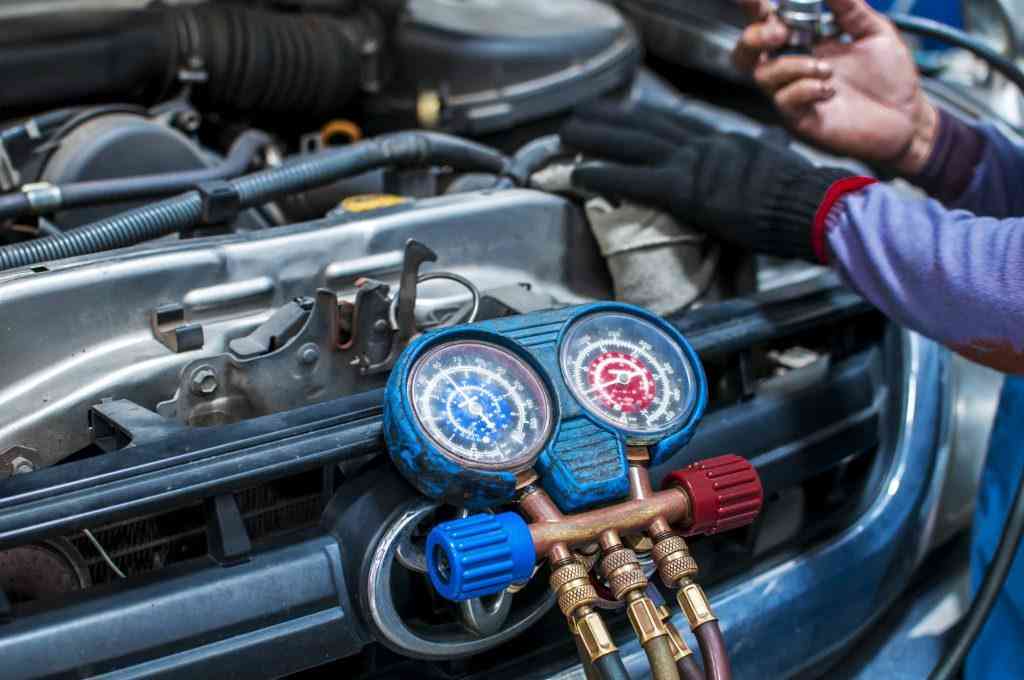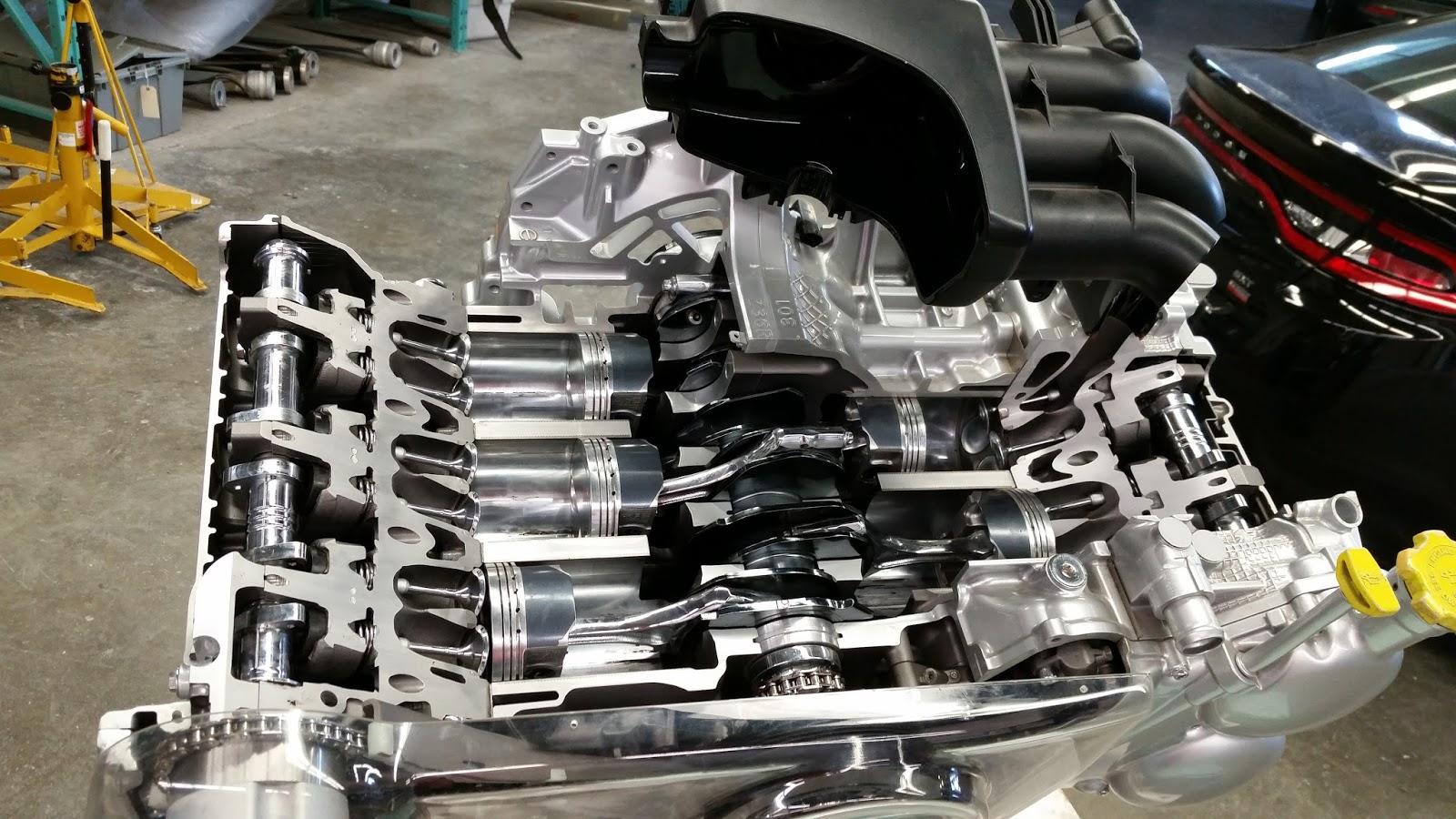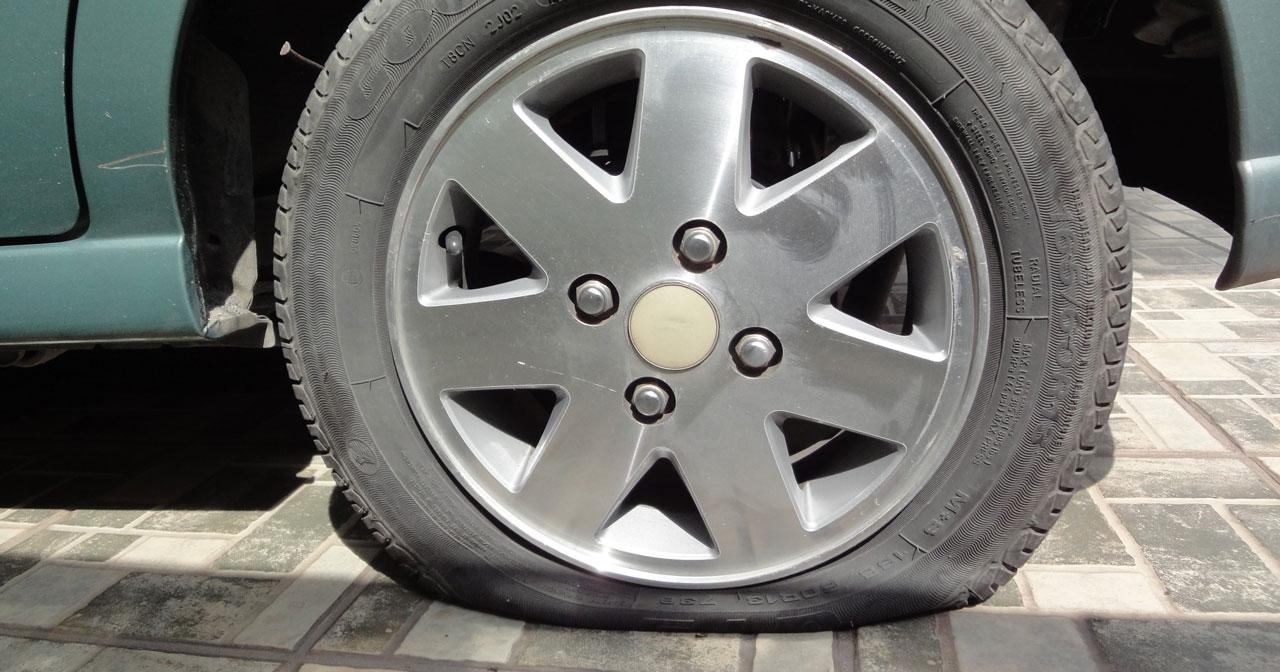How To Remove Refrigerant From Car AC?
Are you wondering how to remove refrigerant from car AC? The process to remove Freon without professional help is not complicated. But if you have not done it before, you have to follow a systematic procedure.
The air conditioning system in a vehicle controls the temperature inside the cabin to keep it at a comfortable level. It also syncs with the car’s defroster to prevent window fogging. Sometimes, the removal of the cooling substance becomes necessary when repairing the AC system.
So, how to release Freon from car air conditioner? Let’s find out.
Car AC Refrigerant: Everything You Need To Know
Car air conditioning (AC) refrigerant is a vital component of any vehicle’s air conditioning system. It is responsible for cooling the air that enters the cabin of the car, making it more comfortable for the driver and passengers.
How does car air conditioning work in your car?
Car AC refrigerant is a substance that is used to cool the air in the car’s air conditioning system. It is a chemical compound that changes from a liquid to a gas and back again, absorbing and releasing heat in the process. The refrigerant is compressed and then expanded, which allows it to absorb heat from the air that passes over the evaporator coil in the air conditioning system, cooling the air before it is blown into the car’s cabin.
Types of car AC refrigerant
There are several different types of AC refrigerant, but the most common type used in modern vehicles is called R-134a. This refrigerant is a hydrofluorocarbon (HFC) and is considered to be a more environmentally friendly alternative to the older refrigerant R-12, which is a chlorofluorocarbon (CFC) that is known to deplete the ozone layer.
Other types of refrigerants that have been used in car air conditioning systems include R-12, which is no longer used due to its negative impact on the environment, as well as R-22, which is being phased out in favor of more eco-friendly alternatives.
How To Remove Refrigerant From Car AC
Before starting your little DIY project, remember that only a technician certified in refrigerant handling can recover a vehicle’s AC system refrigerant, according to Section 609 of the Clean Air Act of 1990. You also cannot dispose of the substance into the atmosphere.
You will need an AC recovery machine to remove Freon from car at home. These machines can recover and recycle the cooling substance. When the repair is done, they can also drain and recharge the system.
1. How to remove Freon from the car: The procedure
Always take proper safety measures while removing and disposing of the refrigerant. Wear hand gloves and safety goggles before following these steps:

Read more:
2. Find the low-pressure service port
Connect the service hoses of the recovery machine to the AC system’s service ports. Locate the low-pressure service port. It will be easier to detect it if you follow the hose and line assembly running from the back of the compressor to the cylinder-like accumulator placed near the firewall.
You will find the low-pressure line on the back of the compressor, and it has the low-pressure service port on it. It is the larger one of the two lines. The high-pressure line (the smaller one) between the firewall and condenser (stationed in front of the radiator) accommodates the high-pressure service port.
3. Run the recovery machine
Kick off the machine and it will remove the refrigerant vapor and non-condensable gases from the air conditioning system. As some of the cooling substance will be in liquid form, the machine will drop the system’s pressure to turn them into vapor. It makes the refrigerant removal easier.
The machine shuts off automatically when the system is vacant. It will restart and start pulling a vacuum if the pressure in the system increases. Otherwise, the refrigerant removal process will be complete if the system pressure stays under vacuum for five to ten minutes.

4. Disconnect The Machine
The last part of how to remove refrigerant from car AC is to unhitch the machine from the service port. You have to close the service hose valves before the disconnection. Old models that mainly remove the R-12 type of refrigerant need shut-off valves on the hose. However, the new units that can handle the R-134a type of Freon offer a quick detachment system to prevent refrigerant loss.
How to remove the refrigerant without a recovery machine:














